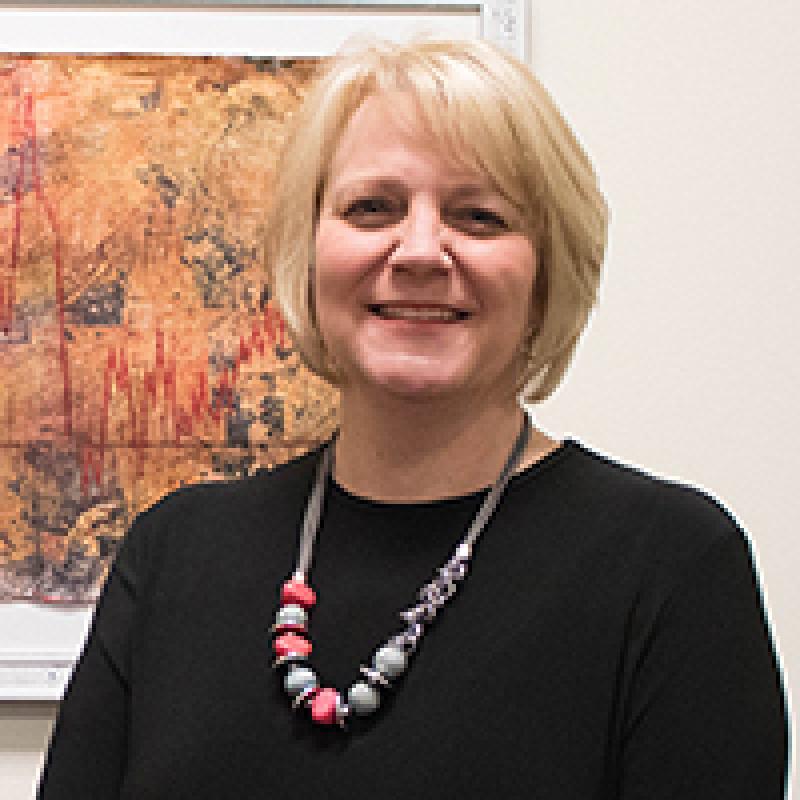Ask a Prof: Why should I vote in the midterms?
Only 14.5 percent of eligible Ohio State students voted in the 2014 midterm elections, compared to 18.8 percent of college students nationwide, according to a report by the National Study of Learning, Voting and Engagement. This is in stark contrast to the 2016 presidential election, when more than 59 percent of Ohio State students and 50 percent of U.S. college students showed up to the polls.
OSU Votes, a student-run movement housed in the Office of Student Life, hopes to reach its goal of doubling student voter turnout in the 2018 midterm elections on Nov. 6. The group has been coordinating Ohio State's participation in the Big Ten Voting Challenge, a friendly competition between Big Ten Conference rivals to encourage students to vote.
In advance of the election, we asked a few of our political science experts to weigh in on...
LOCAL IMPACT
Wendy Smooth, associate professor of political science and women's, gender and sexuality studies
"This is the time that we should pay attention most because these are the issues that impact our day-to-day lives."
COLLEGE-AGED VOTERS
Herb Asher, professor emeritus of political science

Wendy Smooth
"I can't underscore enough this imperative for turnout for college students. It's an opportunity to stick it to all the folks who think millennials are aloof or self-absorbed. Millennials are incredibly driven by social causes and social context, and this is the moment where we have so many changes afoot. ... Voting is an incredibly important way to make sure that your values are expressed more broadly."
SIGNIFICANCE OF VOTING
Thomas Wood, assistant professor of political science
"In a sense it’s like why do so few people donate blood? Why do so few people volunteer in times of national crisis? You’re bearing a private cost for the public benefit. So in a way it's lovely, if you’re the type of person who votes, in support of Republicans, Democrats or somebody else, you are carrying a burden on others behalf. You're sort of asking people what kind of person they want to be.
"If someone says 'hey, can you bring dessert?' is the dinner party canceled if the person who’s supposed to bring dessert shows up empty handed? No — it just sucks a little bit. So you don’t want to be that person. Imagine America is a dinner party, and voting is bringing dessert."
Wendy Smooth
"In the midterms, we often see a depression in the number of voters who turnout, and what that actually means is that whoever turns out has a real advantage in terms of making their vote count. It’s an easier case to make around, ‘Does my vote count; will my vote make a difference,’ because we’re usually dealing with much smaller turnout rates such that every vote has the possibility of tipping the scale in one direction or another."
REPRESENTATION
Wendy Smooth
"When we look at local elections, this is just an exciting time for women ... I don't expect we're going to have these massive turnovers where we significantly close the gap in Congress in terms of women's representation, but this is about laying the groundwork for subsequent election cycles."
CIVIC ENGAGEMENT
Thomas Wood
"The other reason why [voting] is important is if you’re very strongly opposed or very strongly supportive of the president’s agenda. If you want the president to fulfill less of his political mission, it will impede him meaningfully if Republicans lose control of the House. If you support the president’s political agenda, it will embolden him meaningfully if Republicans maintain control of the House."
Janet Box-Steffensmeier, Interim Executive Dean and Vice Provost, College of Arts and Sciences, and Vernal Riffe Professor of Political Science

"We need you — thoughtful and effective leaders and political participants who can inform our democratic deliberations at the local, state and national level. Vote because your university motto is 'Education for Citizenship.' Register and make your voice heard on Nov. 6!"
